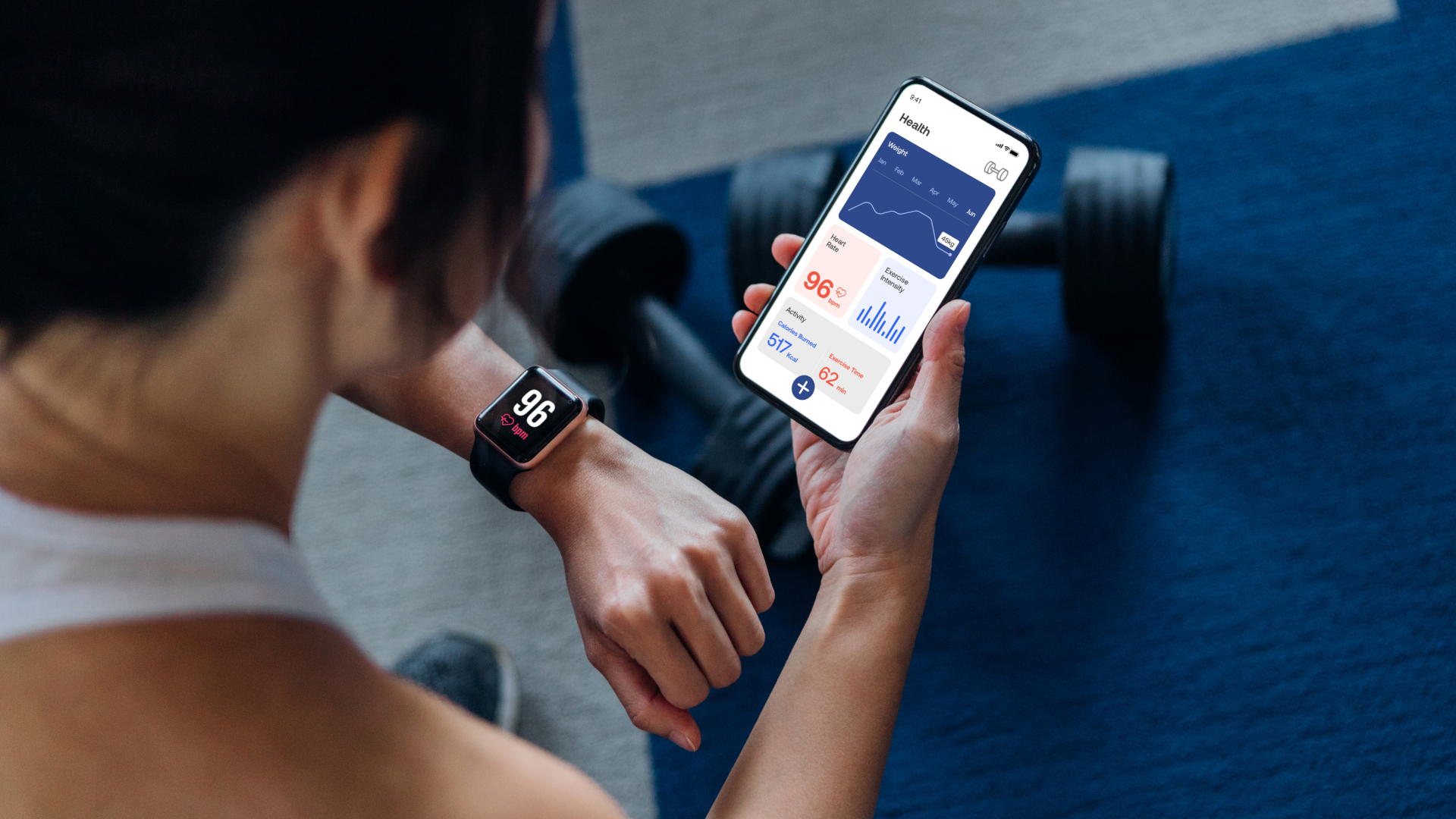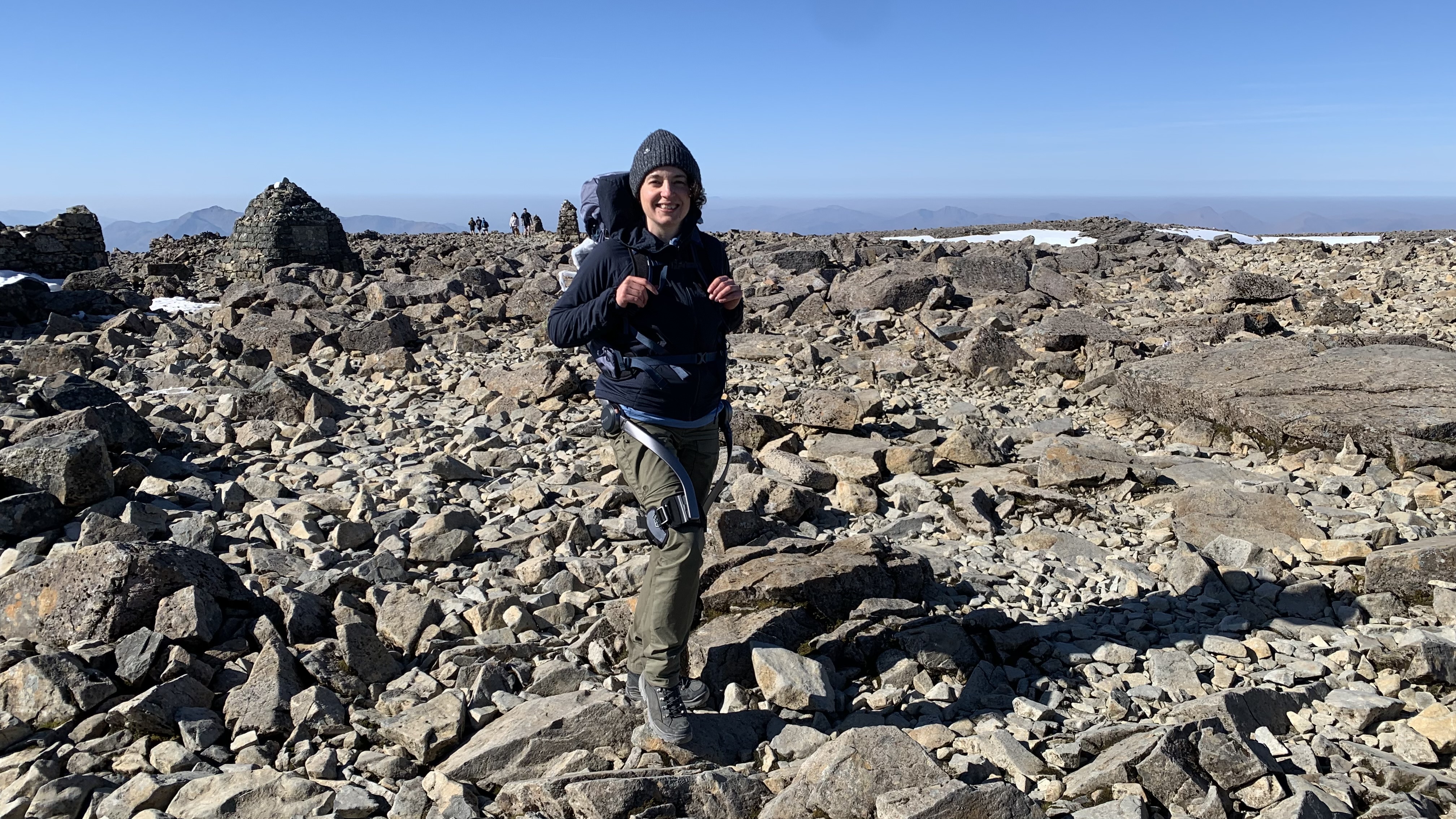Are fitness trackers worth it? The pros and cons
Are fitness trackers worth it? We present some pros and cons of fitness trackers to help you decide whether you want to strap up or keep moving tech-free

It’s virtually impossible to hit the trails these days without seeing fitness trackers strapped to wrists, and if you run with a friend who wears one, it’s guaranteed you’ll never hear the end of how great it is. More than just a heart rate monitor, today’s fitness trackers can provide you with a mind boggling amount of data, from how long you need to recover from a workout to how well you’re sleeping. But perhaps you’ve been getting out in your best trail running shoes for years without a watch to tell you what you're doing, and they can come with a hefty price tag, so you might be wondering, are fitness trackers worth it? Here we present some pros and cons of fitness trackers to help you decide whether you want to strap up or keep moving tech-free.
Pros of using a fitness tracker

Motivation
The primary reason people invest in a fitness tracker is to help motivate them to get, or stay, active. A 2015 study in the American Journal of Preventive Medicine found that participants increased their moderate to vigorous physical activity by over an hour a week when wearing a Fitbit. Fitness trackers can motivate you using tools that remind you to get up and move around when you have been still for too long, or perhaps it’s just glancing down and seeing steps taken and calories burned that encourages you not to skip tonight’s run after all.
Measurable progress
Another aspect of fitness trackers that people really like is that they help you measure how much progress you’ve made in really quantifiable ways. Sometimes when it comes to training it can be hard to tell if you’re progressing or plateauing, and data like miles run or workouts completed can encourage a sense of accomplishment that in turn feeds your motivation.
Targeted training
It can be easy to get stuck in a rut when it comes to training, whether that means hiking the same trail or running the same distance each time. Fitness trackers can be great for targeting your training towards specific goals, specifically when it comes to heart rate zones. Often you’re training in the wrong zone for what you want to accomplish – for example, weight loss – and a fitness tracker can help you alter your approach for better results.
Cons of using a fitness tracker

Cost
The big barrier for a lot of people when trying to decide whether or not to buy a fitness tracker is the sheer cost of them, which can range from about $65 (£50) all the way up to nearly $1000 (£750). Since you probably already own a smartphone, you might decide that downloading a free, or very cheap, fitness app will do.
Accuracy
Though champions of fitness trackers will tell you all about the amazing data they can provide, there is some question over how accurate they are. Though like all technology, they’re probably improving with each passing day, a 2020 review of studies on fitness tracker reliability in the Journal of Medical Internet Research found that general accuracy varies according to brand and device, while heart rate measurement was more variable, with Apple Watch and Garmin being the most accurate and Fitbit tending toward underestimation. For energy expenditure, no brand of fitness tracker was found to be accurate.
Distraction
Finally, there’s the argument that using a fitness tracker might just distract you from doing what you love and get you focused on the wrong things. After all, there are a great many mental, psychological and neurological benefits to getting outside in the fresh air that have nothing to do with counting steps or heart rate zones and you might miss these if you’re too busy looking at your watch. Your time outdoors may be better spent as far away from technology as you can get.
Advnture Newsletter
All the latest inspiration, tips and guides to help you plan your next Advnture!
Julia Clarke is a staff writer for Advnture.com and the author of the book Restorative Yoga for Beginners. She loves to explore mountains on foot, bike, skis and belay and then recover on the the yoga mat. Julia graduated with a degree in journalism in 2004 and spent eight years working as a radio presenter in Kansas City, Vermont, Boston and New York City before discovering the joys of the Rocky Mountains. She then detoured west to Colorado and enjoyed 11 years teaching yoga in Vail before returning to her hometown of Glasgow, Scotland in 2020 to focus on family and writing.

